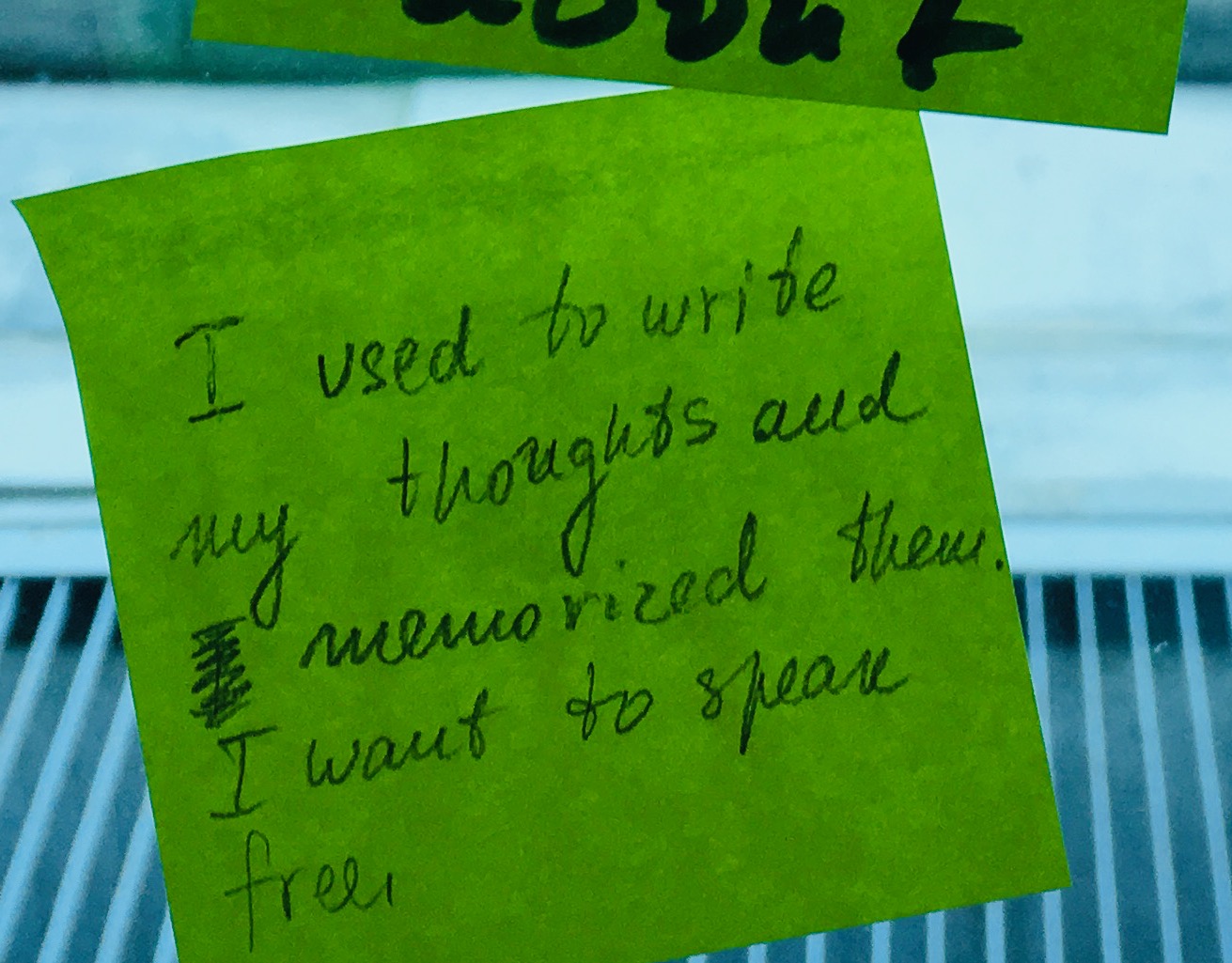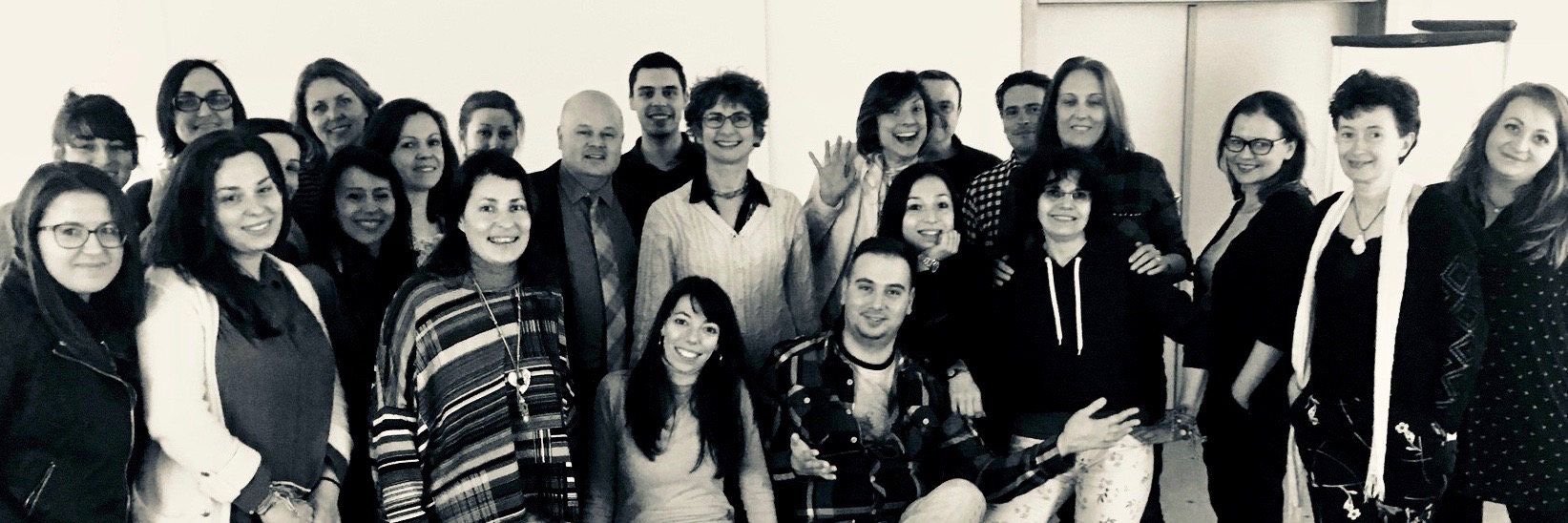Teaching Bulgarian Journalists to Fish: A Public-Private Sector Media Literacy Program
By Diane Rubino, Adjunct Faculty, Columbia University and New York University, and Fulbright Specialist alumna
storytelling.jpg
 Diane Rubino with participants of American University in Bulgaria (AUBG)'s Storytelling for Journalists workshop
Diane Rubino with participants of American University in Bulgaria (AUBG)'s Storytelling for Journalists workshop
In 1990, the Bulgarian Communist Party ousted its leader, reinvented itself as the Bulgarian Socialist Party, and won the first free elections in 60 years. The country had begun its transition to democracy, with a new constitution guaranteeing freedom of the press.
Fifteen years later, Bulgaria’s press was ranked 35th out of 180 countries in the World Press Freedom Index 2006. In this annual index, Scandinavian nations merit the lowest numbers, authoritarian countries the highest.
But a lot has changed and systemic problems, including monopolistic ownership of the country’s media and distribution networks, means Bulgaria has slid into 111th place. Source
Bulgarian National Radio (BNR) journalist Rossista Kavaldzhieva described her home to me as “a post-communist country with a toxic atmosphere.”
iwanttospeakfree.jpg
 A post-it note from a participant of AUBG's Storytelling for Journalists workshop
A post-it note from a participant of AUBG's Storytelling for Journalists workshop
An ebb in press freedom is a manifestation of complex social problems that take time to resolve. Interventions are essential on multiple levels; an all-hands-on-deck approach eliciting the combined strength of public and private partnerships is critical to address knotty issues.
The U.S. Department of State responded with a grant for the English for Journalists program, led by the American University in Bulgaria (AUBG). Working journalists from private-sector and government-financed news agencies had the opportunity to sharpen their language and journalism skills.
Media Literacy
Media literacy programs typically teach citizens how to make informed decisions about the information they consume. With this knowledge, people are better able to determine for themselves which news sources are credible. But the “why” of an outlet’s variability is typically omitted from the conversation and often assumed to be fueled by bad actors, profiteers, or fringe groups.
This supply-side media literacy program helped Bulgarians who operated outside these stereotypical categories to enhance the quality of their work with instruction from AUBG’s Journalism and Mass Communication faculty. Building their English language skills also expanded journalists’ access to English-language resources.
I co-led a storytelling workshop with Fulbright Scholar Jesse Scinto; it was part of the 15-week program, which Kavaldzhieva described as “an oasis.”
efj_students.jpg
 Fulbright exchange alumni Diane Rubino and Jesse Scinto (second row, middle) with students from the English for Journalists program.
Fulbright exchange alumni Diane Rubino and Jesse Scinto (second row, middle) with students from the English for Journalists program.
Those of us who travel the world with State Department grants head to our destinations with knowledge, experience, and – equally importantly - a leap of faith, hoping and believing that our efforts matter.
Kavaldzhieva says the training did make a difference, pointing to her ability to “Defend the truth in the strike of the Bulgarian National Radio journalists in 2019.”
The strike was in support of BNR host Silvia Velikova, “known for her tough interviews and probing questions”. Velikova was suspended a few hours before the airing of a program focused on Bulgaria’s judicial system, notable for corruption. But Kavaldzhieva and her colleagues swiftly rallied, forcing management to reinstate Velikova.
Kavaldzhieva also reports that her English for Journalists experience took from the physical to the metaphysical. “Studying in this program, which challenges participants to explore fundamental issues related to journalism ethics, religious reporting, conflict reporting, and business reporting in an international setting, and meeting other great professors, provoked me to start studying Theology at Sofia University,” she concludes.
This is just one example of the vital impact of State Department-funded projects - in this case a public and private partnership - across the globe.
